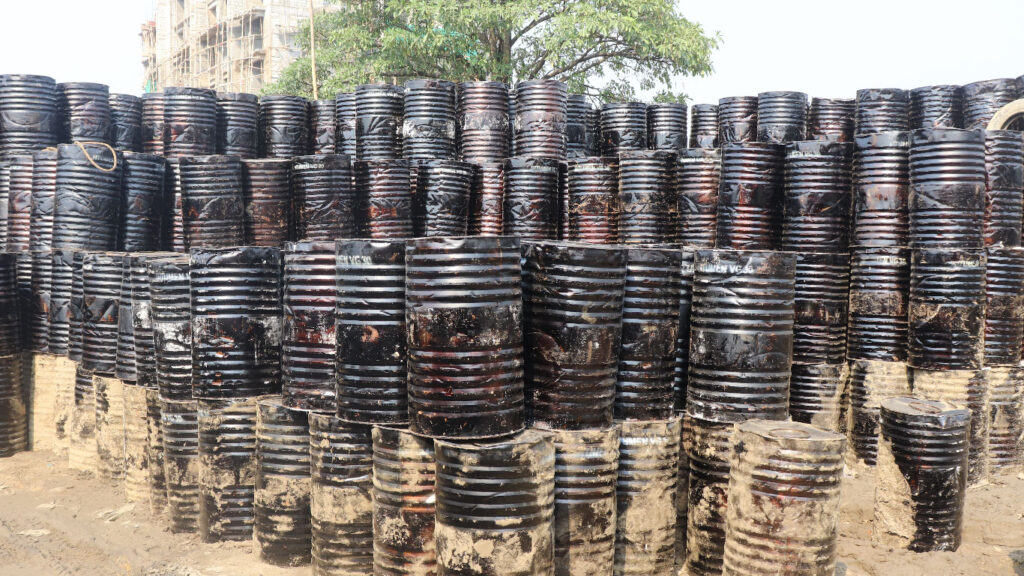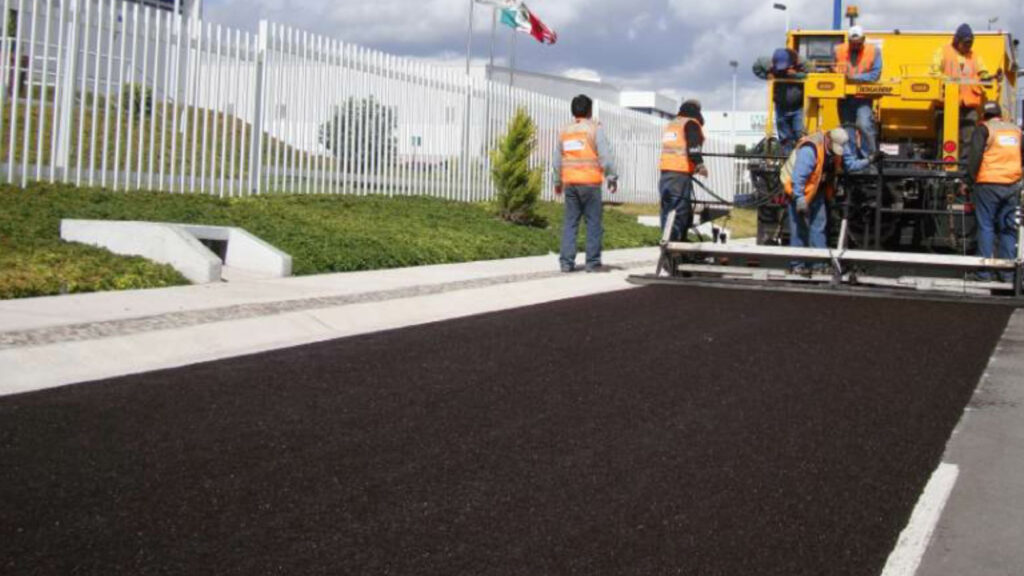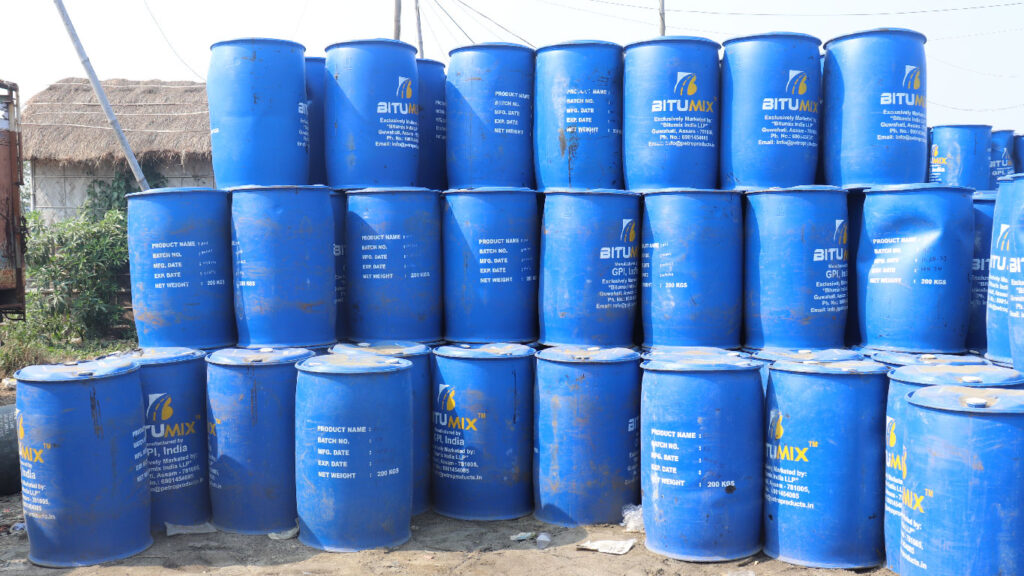If you’re wondering about VG30 bitumen, you’ve come to the right place. In this article, we’ll give you all the information you need about its properties, practical uses, reliable suppliers, and pricing.
From understanding its unique characteristics to finding the best sources for your needs, we’ve got you covered. Whether you’re a contractor or an engineer seeking technical insights or a buyer looking for cost-effective options, this comprehensive guide will provide everything you need to know.
So let’s dive in and explore VG30 bitumen together!
Key Takeaways
- VG30 bitumen has excellent adhesive properties for construction applications.
- It performs well in durability testing and can withstand extreme weather conditions.
- VG30 bitumen is widely used in road construction, roofing materials, and waterproofing membranes.
- Pricing of VG30 bitumen is influenced by crude oil prices, supply and demand dynamics.
The Properties of VG30 Bitumen
VG30 bitumen has excellent adhesive properties, making it ideal for various construction applications. When it comes to durability testing, VG30 bitumen performs exceptionally well. It is designed to withstand extreme weather conditions and heavy traffic loads, ensuring long-lasting performance.
The adhesive nature of this bitumen allows it to bond effectively with different aggregates, creating a strong and durable pavement structure. Additionally, VG30 bitumen has a low environmental impact due to its high recyclability and energy efficiency during production. This makes it an eco-friendly choice for construction projects.
With its superior adhesive properties and positive environmental impact, VG30 bitumen is widely used in road construction, roofing materials, waterproofing membranes, and other infrastructure applications where durability and sustainability are key factors.
Practical Uses of VG30 Bitumen
One of the practical uses for VG30 bitumen is in road construction. It is a highly versatile and durable material that offers numerous benefits in this application. The table below illustrates some of the key applications and benefits of using VG30 bitumen in road construction:
| Application | Benefits |
| Asphalt paving | Excellent adhesion to aggregates |
| Crack sealing | Prevents water penetration |
| Surface dressing | Enhances skid resistance |
VG30 bitumen is commonly used as a binder in asphalt paving, providing excellent adhesion to aggregates and ensuring the stability of the road surface. In crack sealing, it acts as a barrier, preventing water from seeping into cracks and causing further damage. Additionally, when used in surface dressing, VG30 bitumen enhances skid resistance, improving safety for motorists. These applications showcase the versatility and effectiveness of VG30 bitumen in road construction projects.
Reliable Suppliers of VG30 Bitumen
Finding reliable suppliers of VG30 bitumen can be a crucial step in ensuring the success of road construction projects. With numerous options available in the market, it is important to choose suppliers that offer quality assurance and dependable products.
Here are some key points to consider when searching for reliable sources:
- Reputation: Look for suppliers with a solid reputation in the industry.
- Quality Assurance: Choose suppliers that provide comprehensive quality assurance measures, such as testing and certification processes.
- Consistency: Ensure that the supplier can consistently deliver VG30 bitumen meeting your project requirements.
By carefully evaluating potential suppliers based on these criteria, you can minimize risks and ensure a smooth supply chain for your road construction projects.
Understanding VG30 Bitumen Pricing
Understanding the factors that influence VG30 bitumen pricing can help road construction project managers make informed decisions about their budget allocation. Conducting a thorough VG30 bitumen market analysis is crucial in determining the pricing trends and identifying the key factors impacting VG30 bitumen pricing.
Several factors contribute to the fluctuations in VG30 bitumen prices. One of the main factors is crude oil prices, as VG30 bitumen is derived from crude oil. Supply and demand dynamics also play a crucial role in determining the availability of VG30 bitumen in the market, thus affecting its price. Additionally, transportation costs vary based on location and distance, which can impact pricing.
Government regulations regarding environmental standards and quality requirements also influence VG30 bitumen pricing. These regulations can affect the production and distribution processes, which in turn can affect the overall pricing of VG30 bitumen.
Being aware of these factors can assist project managers in planning their budgets effectively and making informed decisions about procurement strategies for VG30 bitumen.
Key Considerations for Using VG30 Bitumen
Using VG30 bitumen in road construction projects requires careful consideration of factors such as temperature, traffic volume, and pavement design. When deciding whether to use VG30 bitumen, it is important to weigh the advantages and disadvantages.
Advantages:
- Improved performance at high temperatures due to its higher viscosity
- Enhanced resistance to rutting and deformation, resulting in longer-lasting roads
- Better adhesion properties, ensuring a stronger bond between the asphalt layers
Disadvantages:
- Limited low temperature flexibility compared to other bitumen grades
- Higher cost compared to lower grade bitumens
- Increased susceptibility to cracking in colder climates
Conclusion
In conclusion, VG30 bitumen is a versatile construction material known for its exceptional adhesive properties and durability. It performs well in various applications, including road construction, roofing, and waterproofing. When sourcing VG30 bitumen, consider reputable suppliers that offer quality assurance and consistency.
Understanding VG30 bitumen pricing involves analyzing factors like crude oil prices, supply and demand, transportation costs, and government regulations. This knowledge aids in effective budget planning for construction projects.
When using VG30 bitumen, it’s essential to weigh its advantages, such as improved high-temperature performance and enhanced resistance to deformation, against potential disadvantages like limited low-temperature flexibility and higher costs.
Safety precautions should be followed when handling VG30 bitumen, and its environmental impact should be considered, with sustainable alternatives explored. By addressing these factors, you can make informed decisions for successful construction projects using VG30 bitumen.
Frequently Asked Questions
What Are the Environmental Impacts of Using VG30 Bitumen?
Using VG30 bitumen can have significant environmental impacts. It is important to consider alternatives that are more sustainable and have lower carbon emissions.
Can VG30 Bitumen Be Used for Residential Driveway Paving?
Yes, VG30 bitumen can be used for residential driveway paving. Compared to other types of bitumen, it is cost-effective and suitable for commercial parking lots as well.
Are There Any Specific Safety Precautions That Need to Be Taken When Handling VG30 Bitumen?
When handling VG30 bitumen, it is crucial to follow safety measures and precautions. Make sure you are equipped with proper safety equipment and have received adequate safety training to handle this substance effectively.
How Does VG30 Bitumen Compare to Other Types of Bitumen in Terms of Durability?
In terms of durability, VG30 bitumen can be compared to polymer modified bitumen. The longevity of VG30 in road construction is influenced by factors such as climate and traffic conditions.
What Are the Common Challenges Faced When Applying VG30 Bitumen in Construction Projects?
When applying VG30 bitumen in construction projects, challenges may arise due to its high viscosity. Proper application techniques such as heating the material and using specialized equipment can help overcome these challenges.





